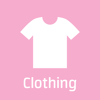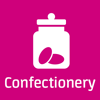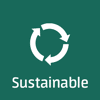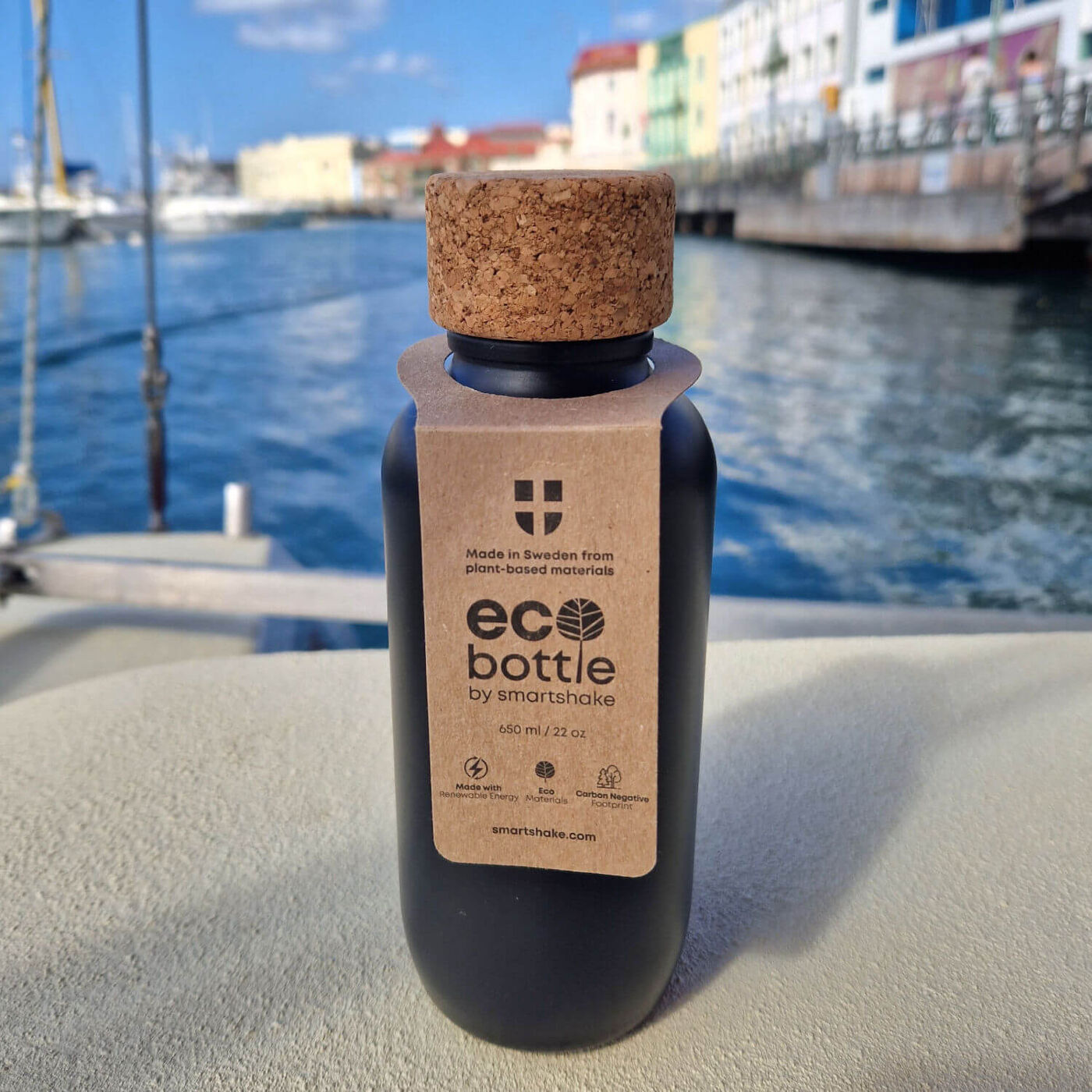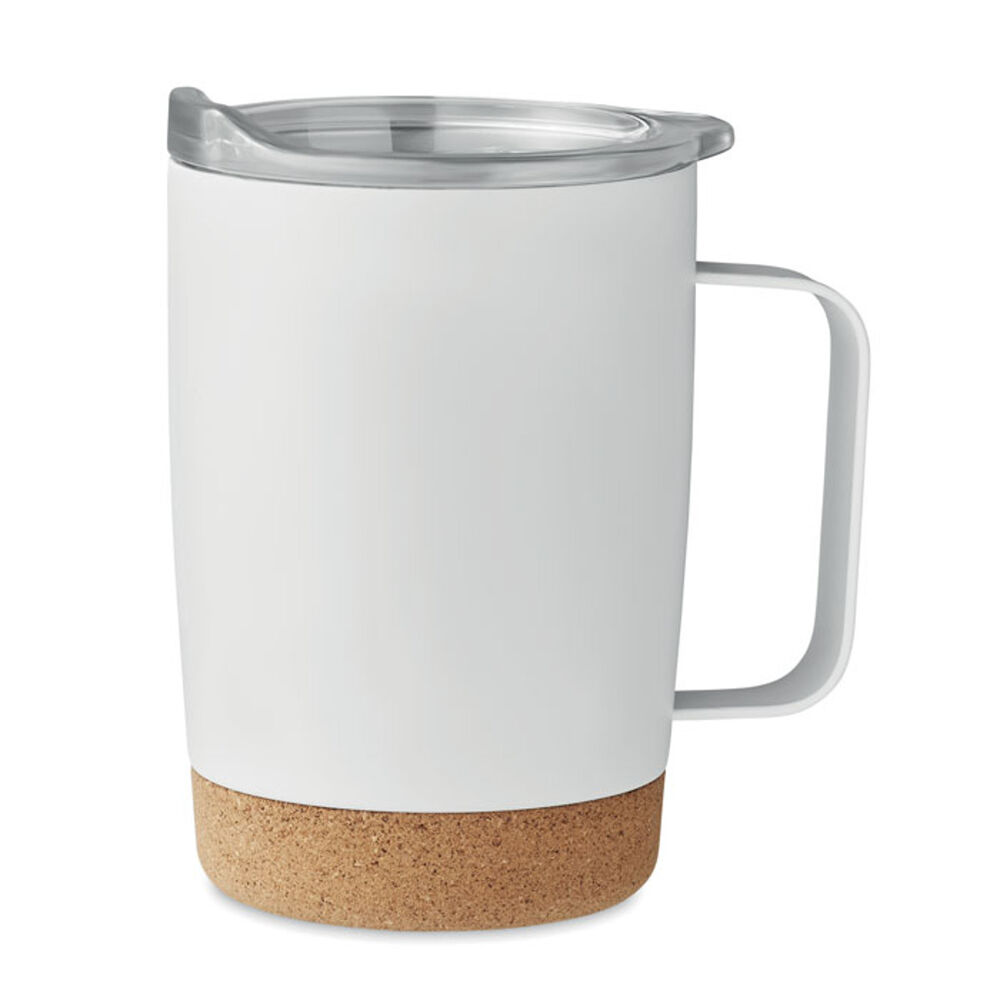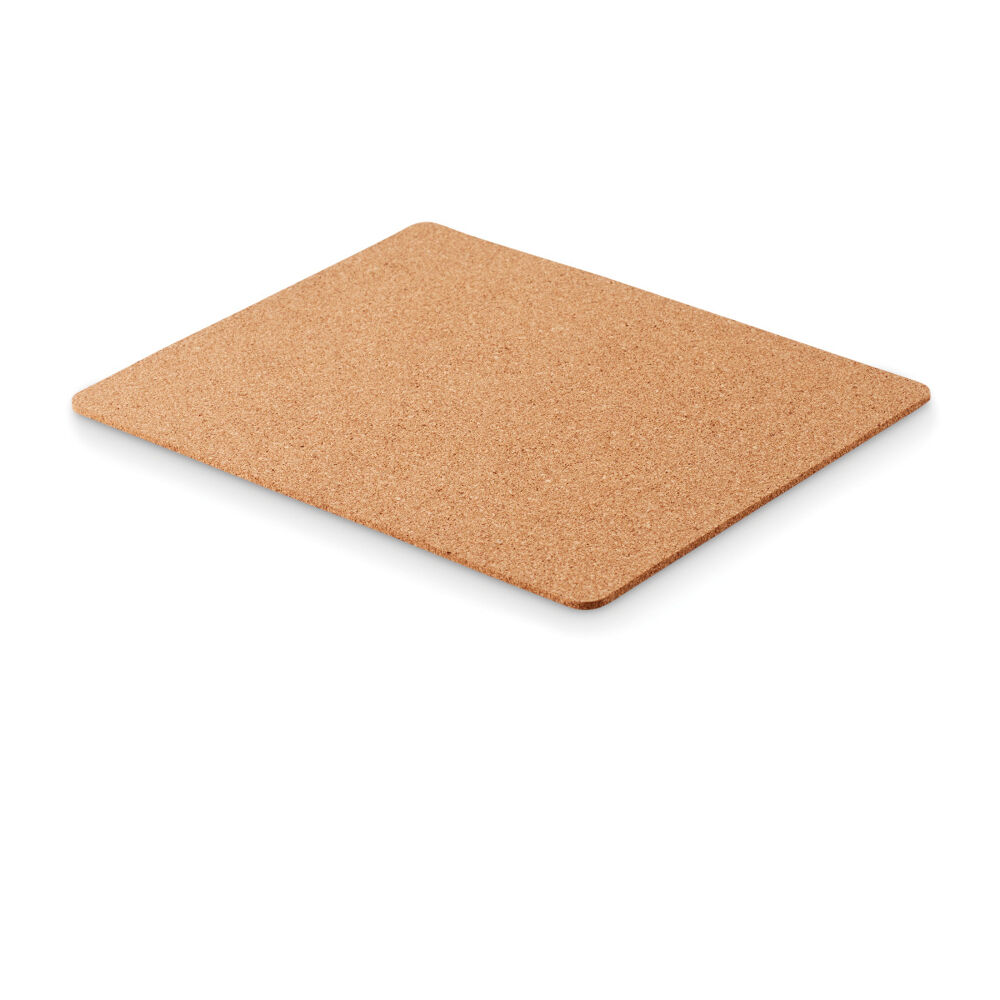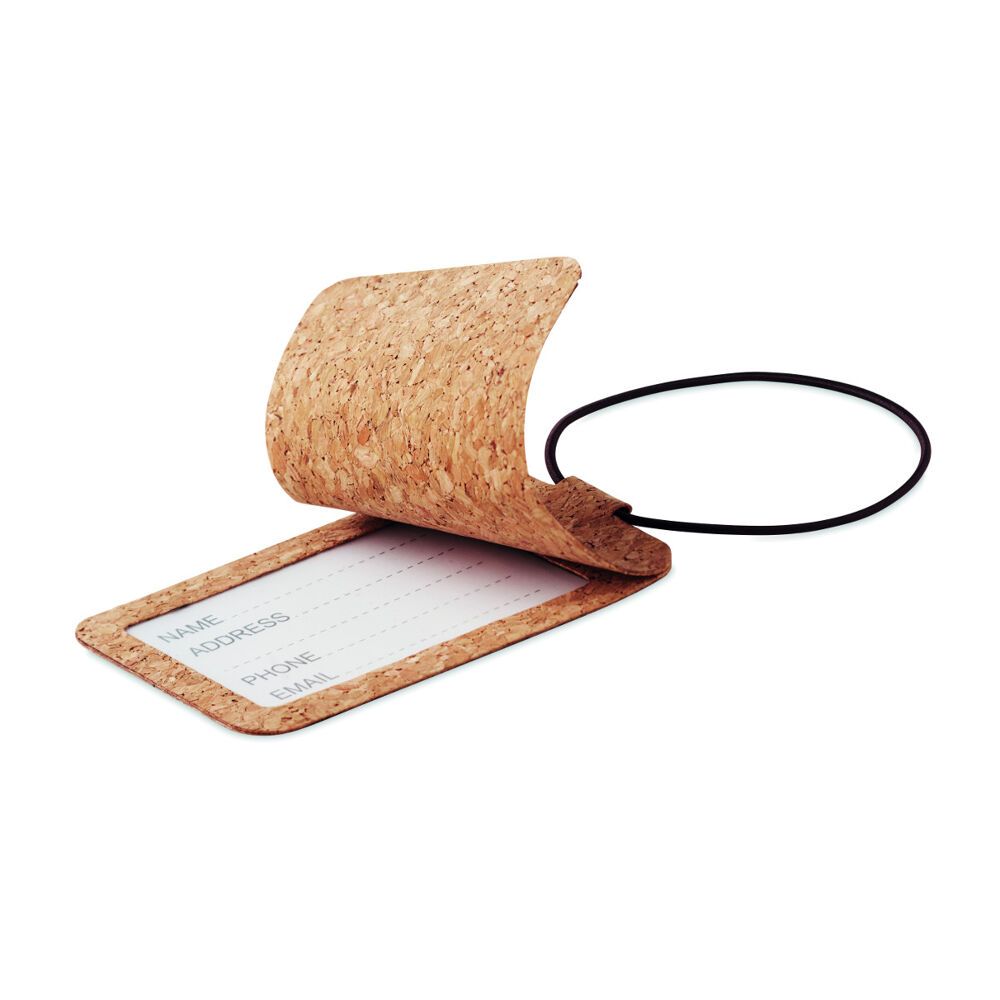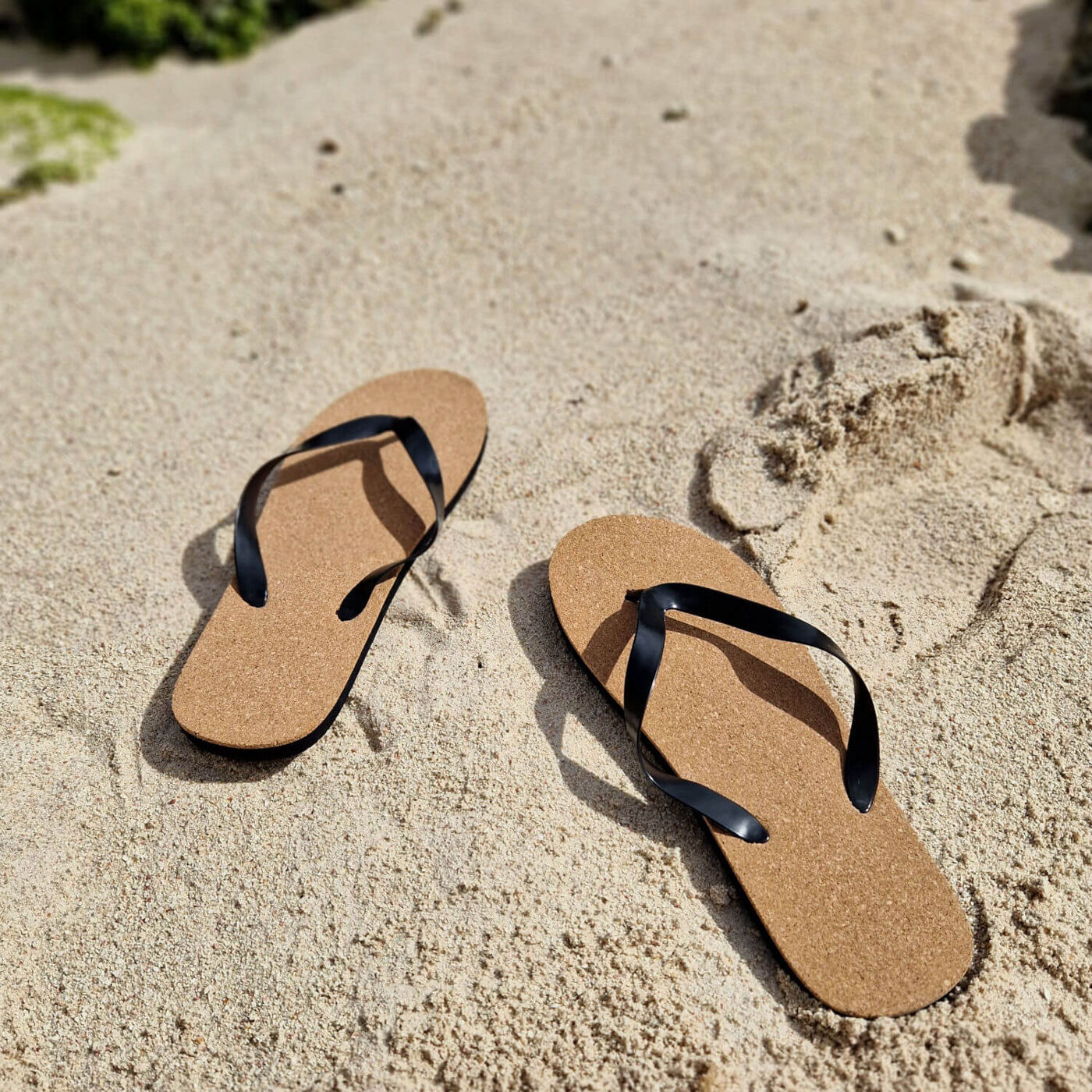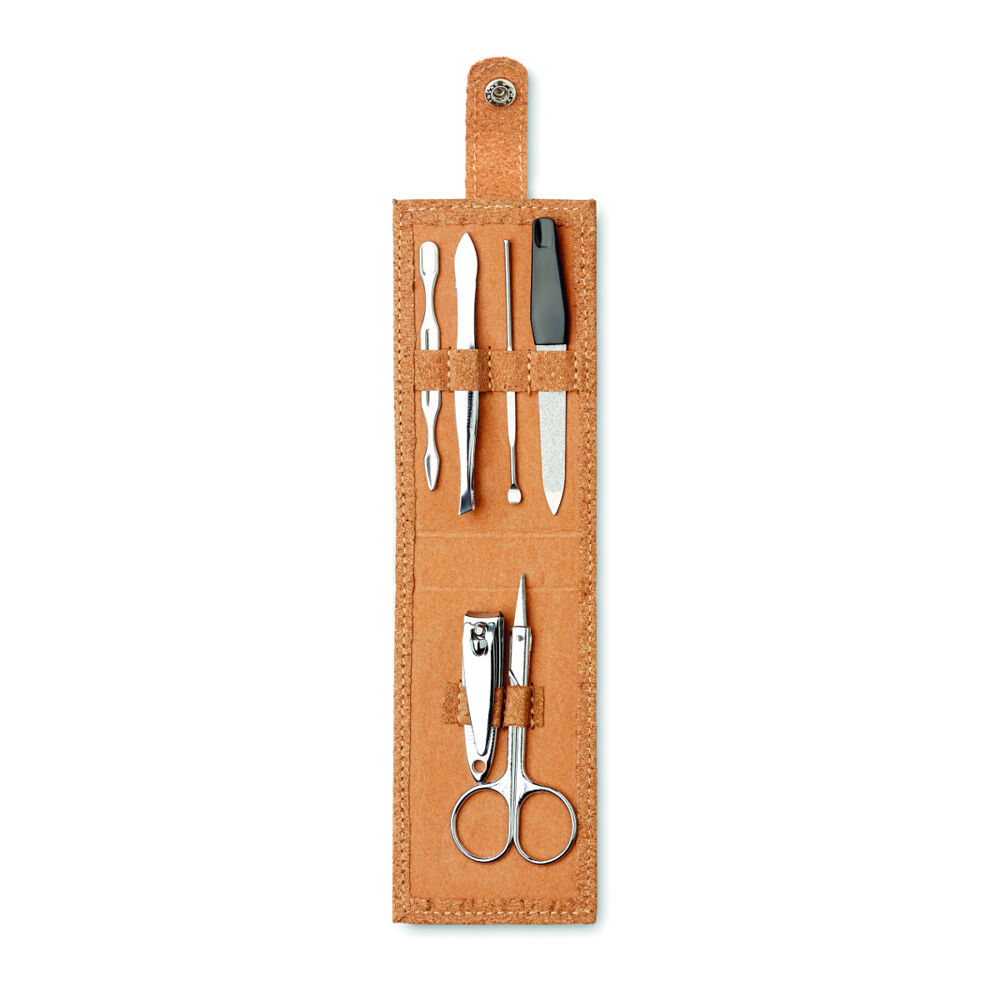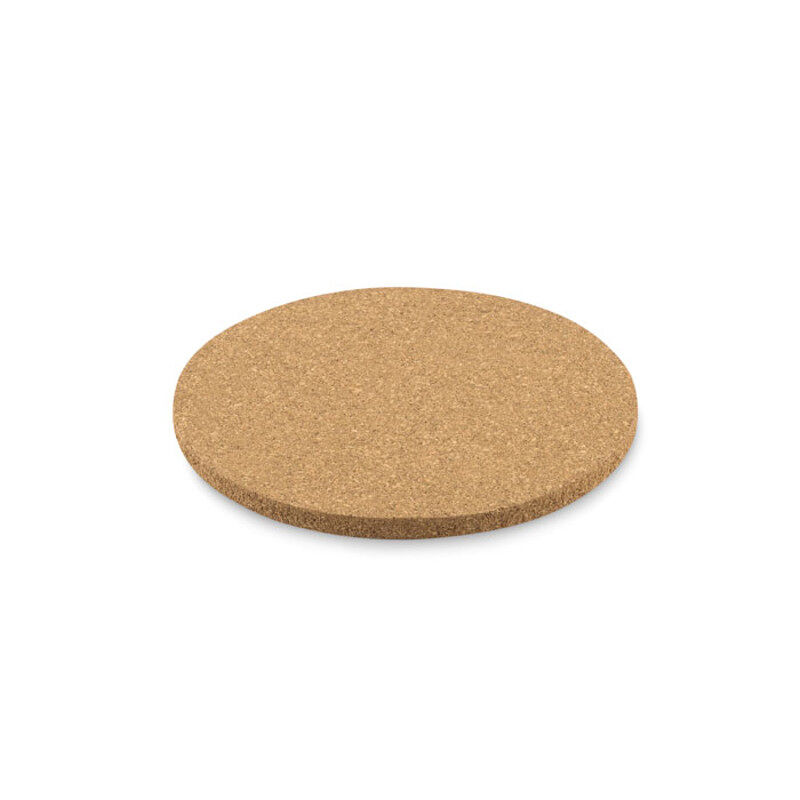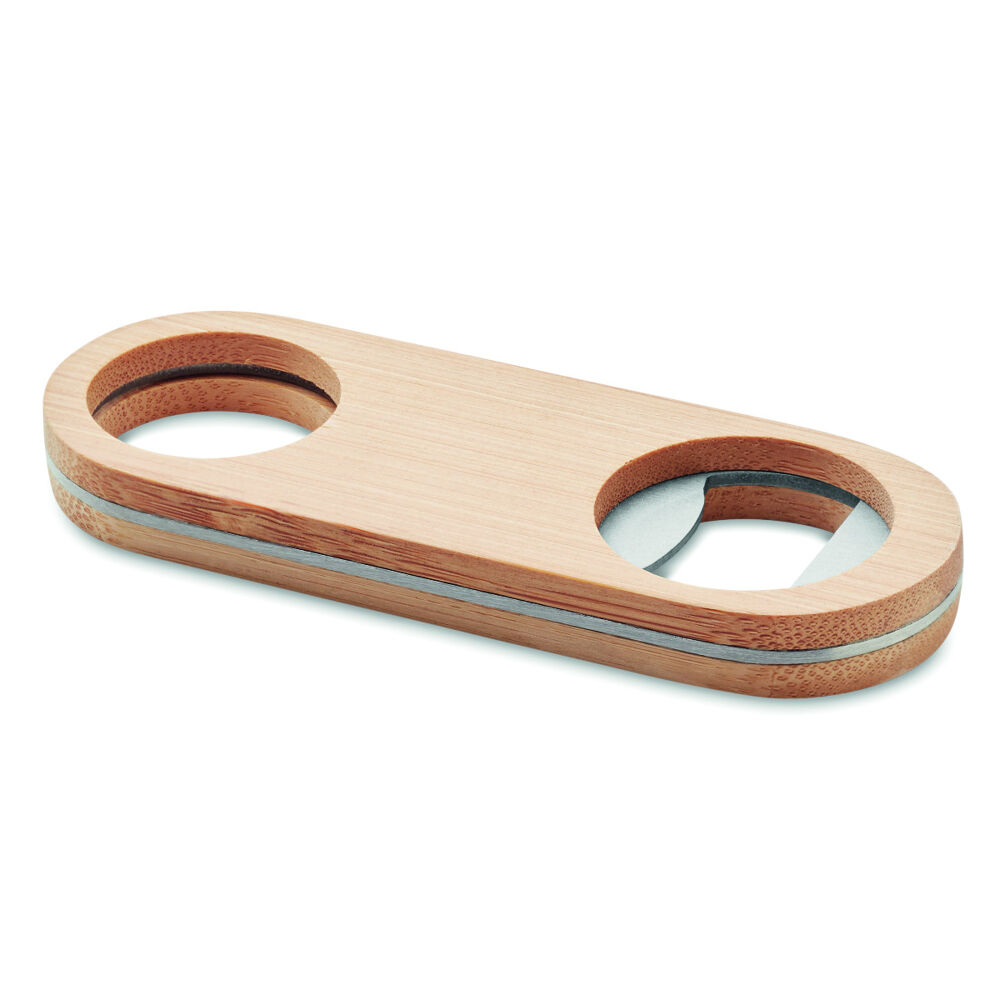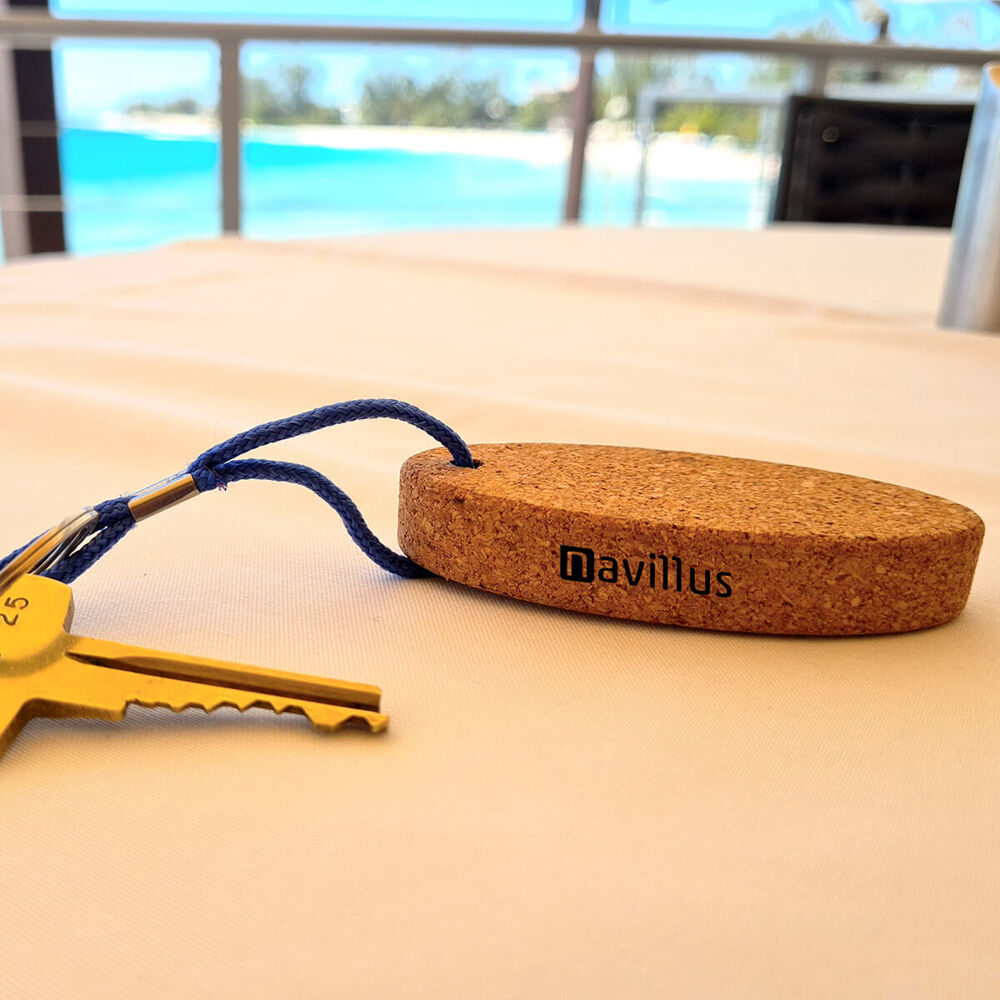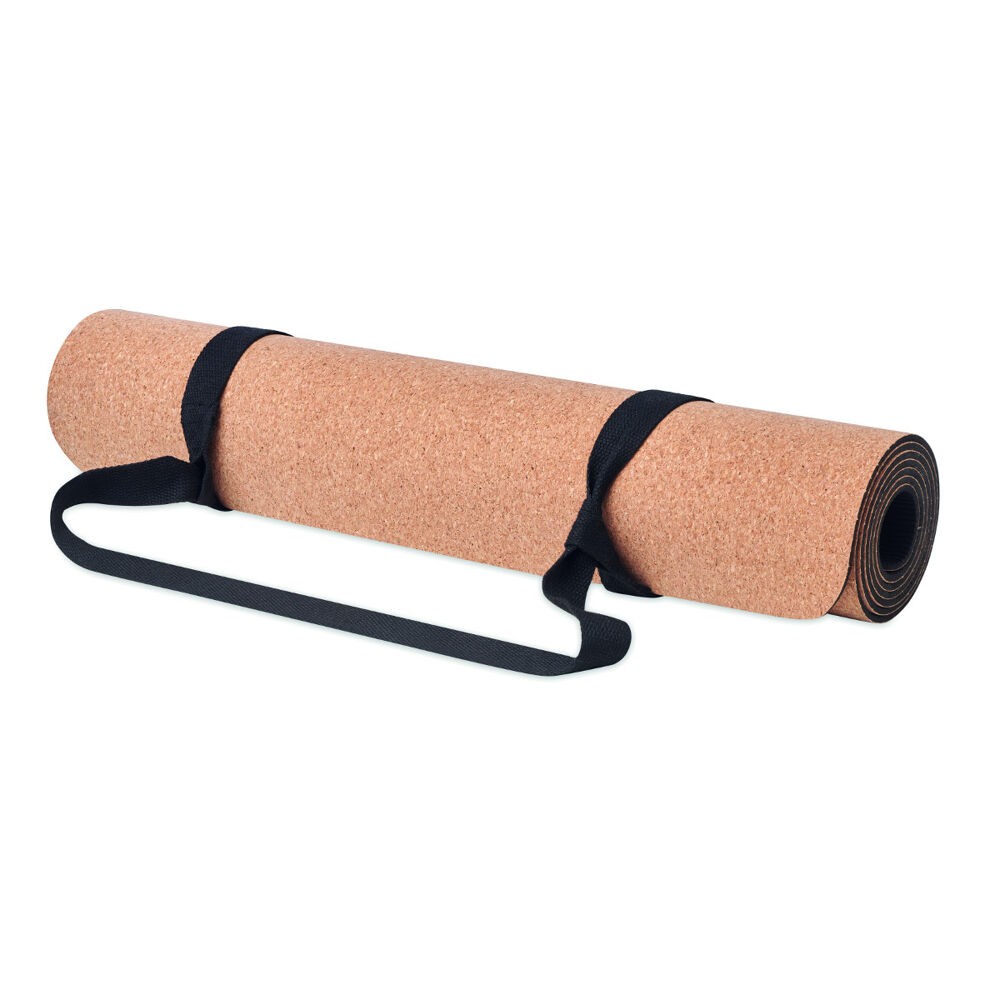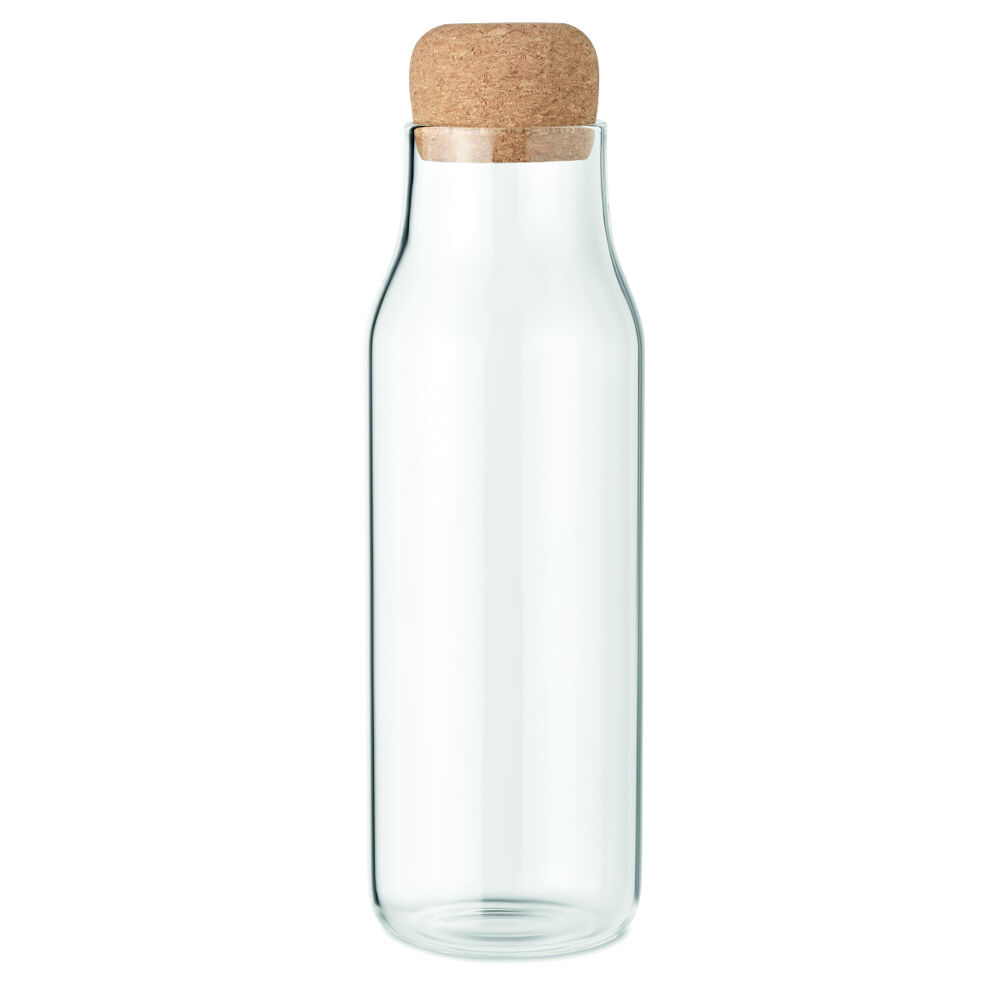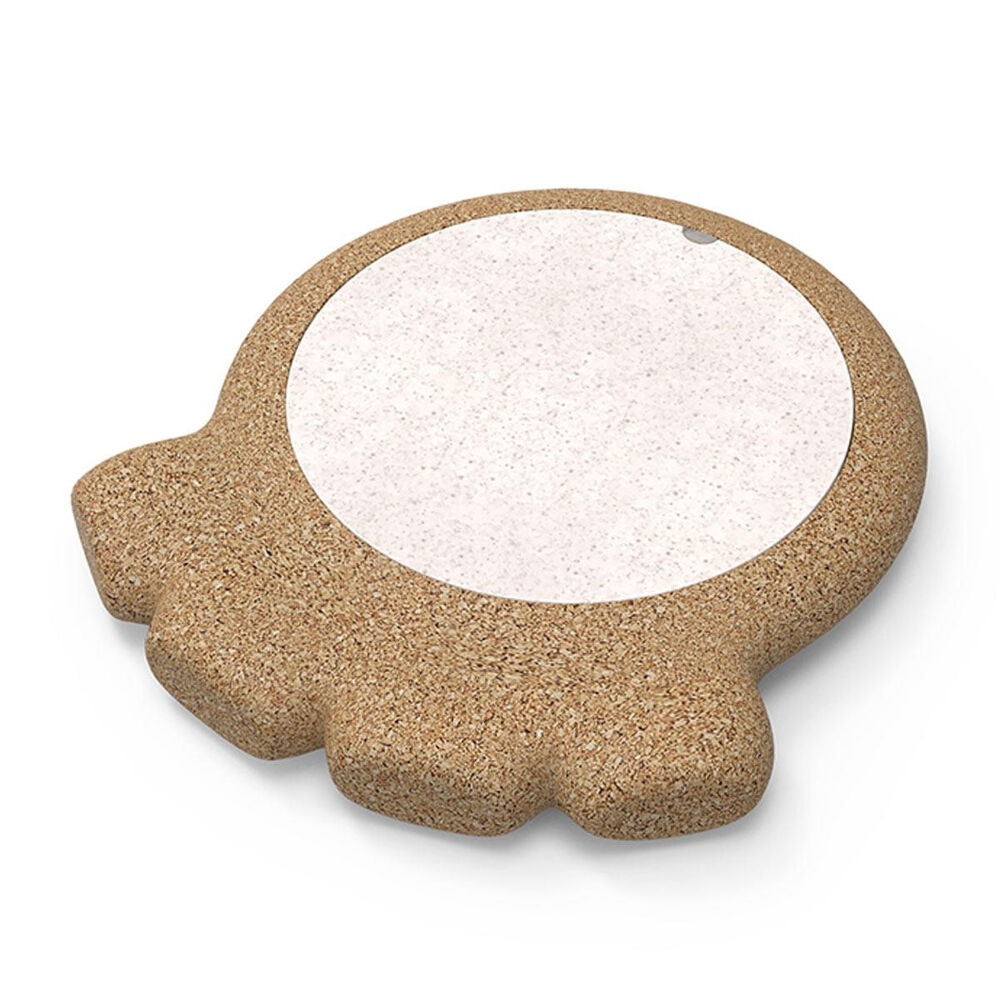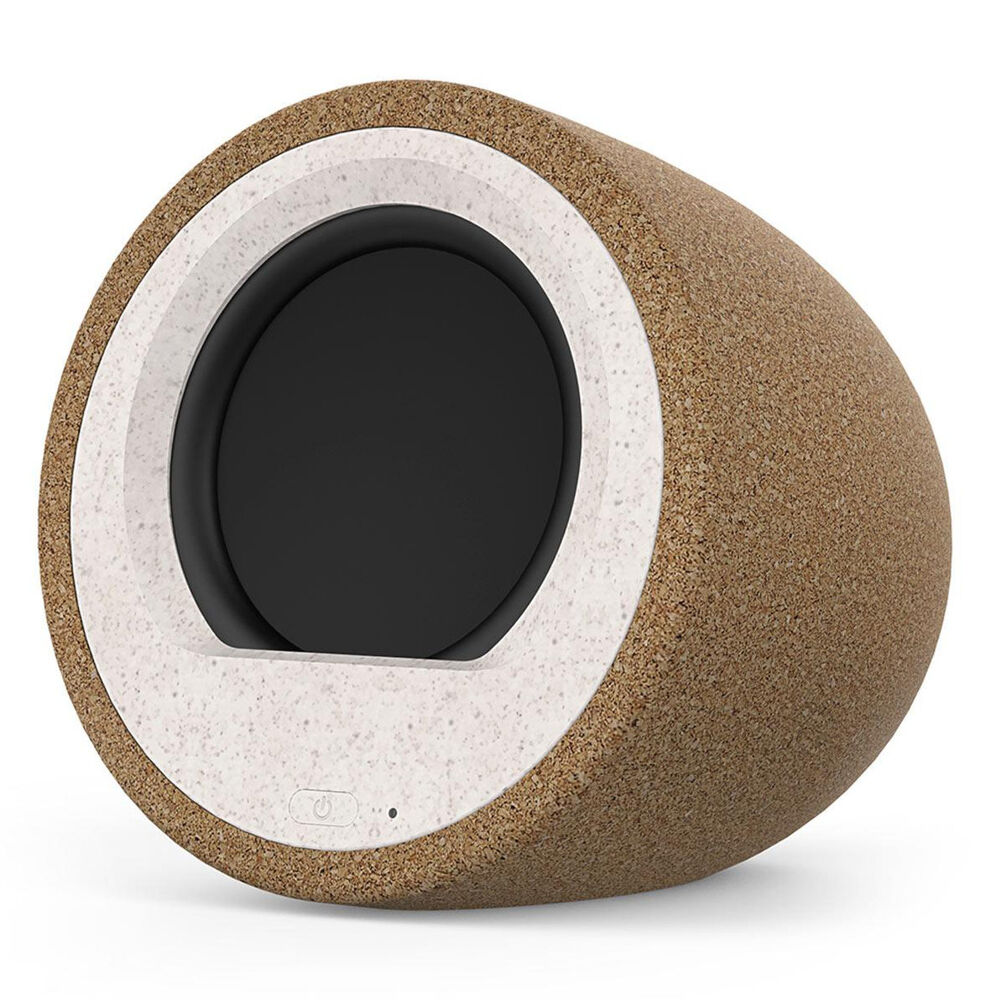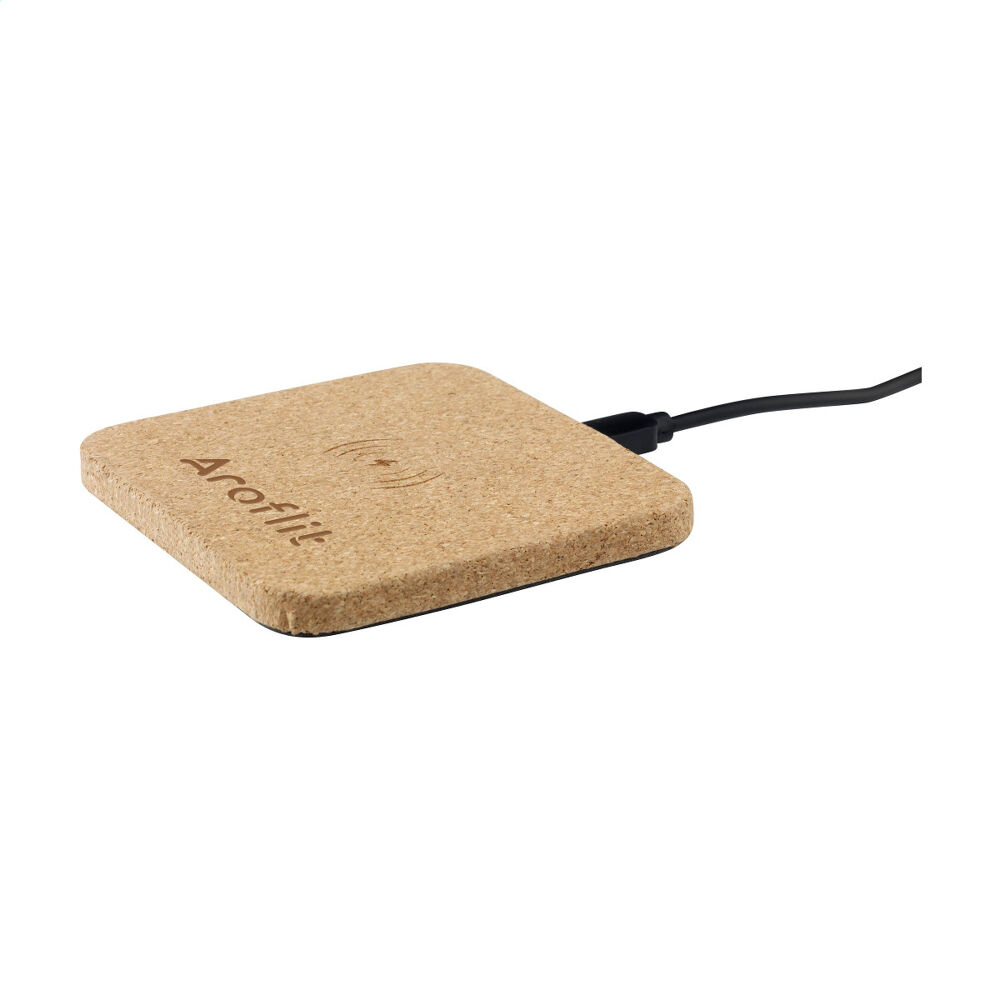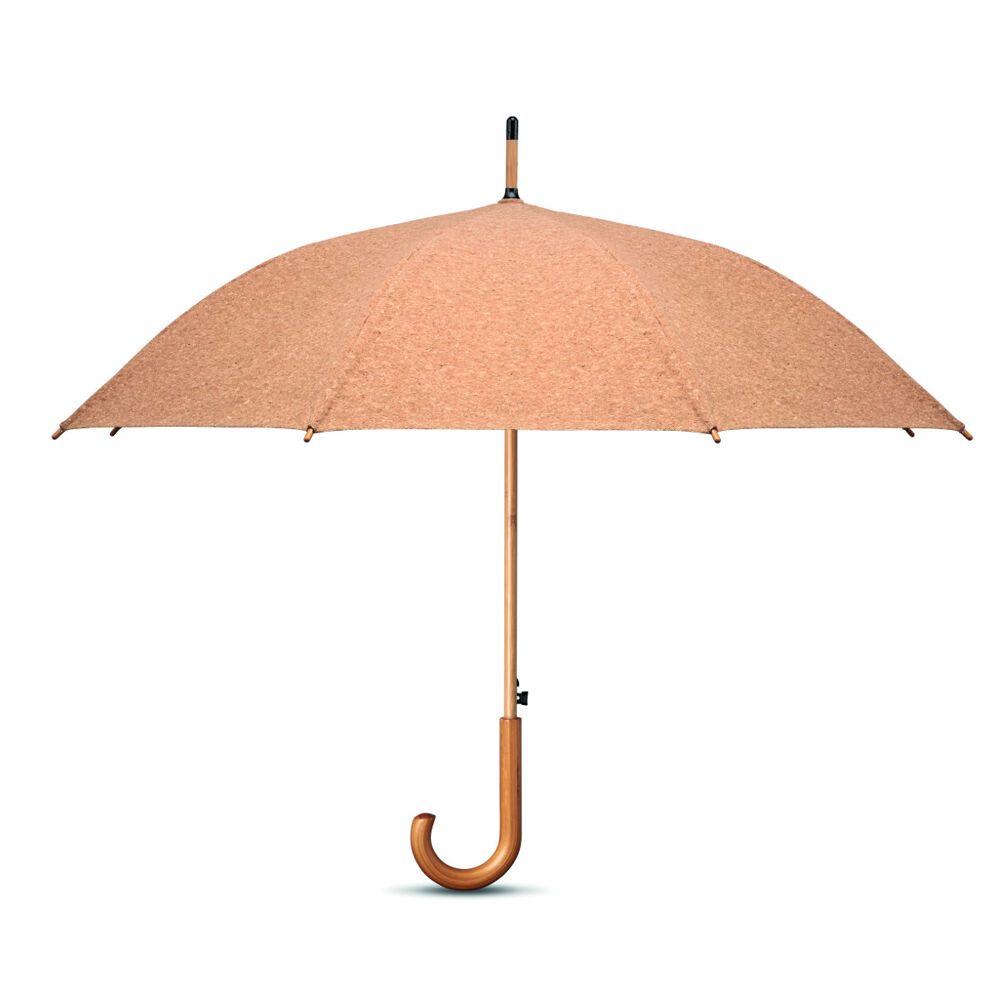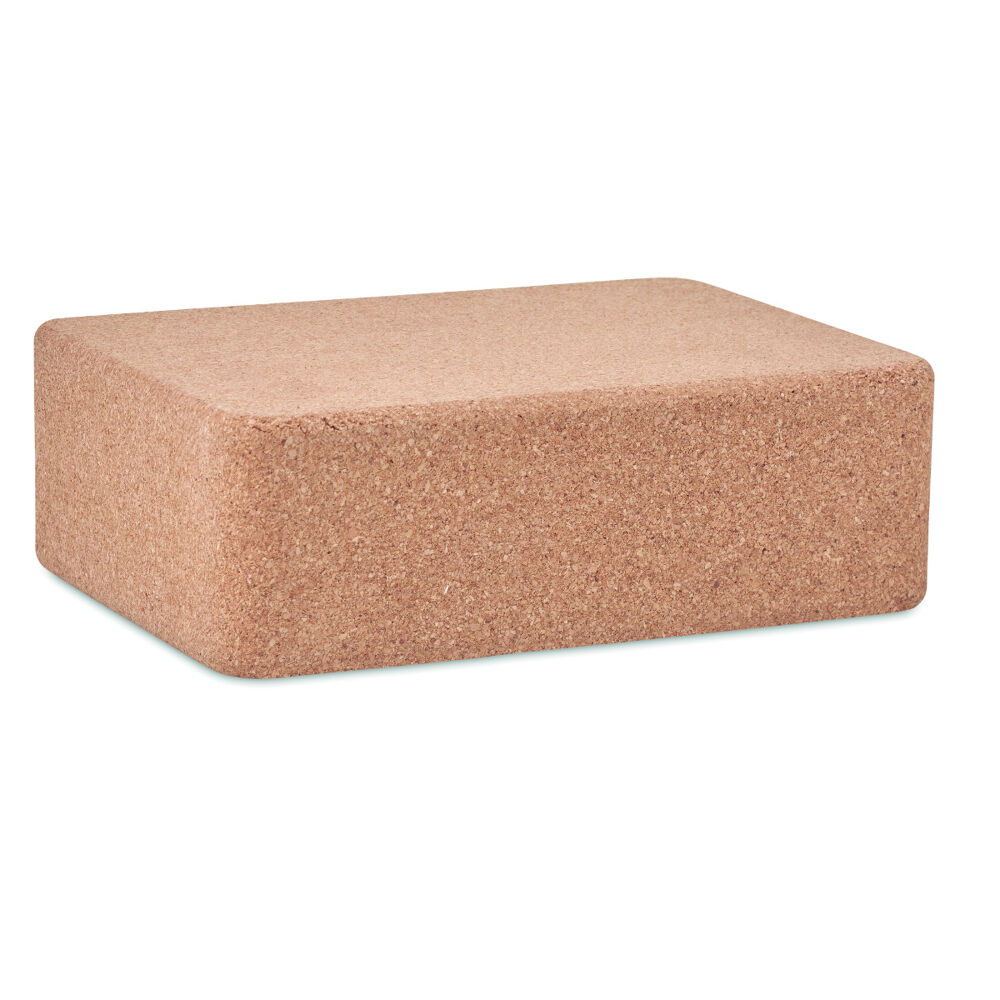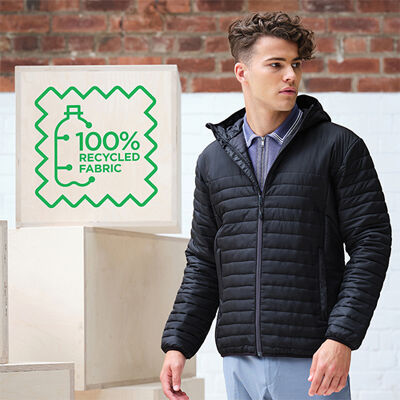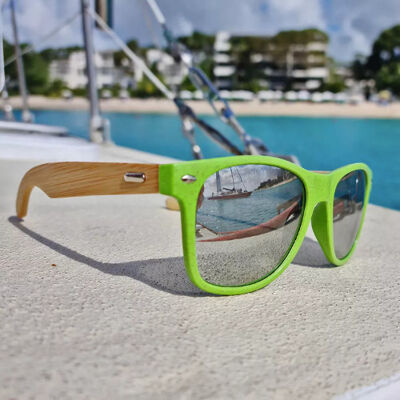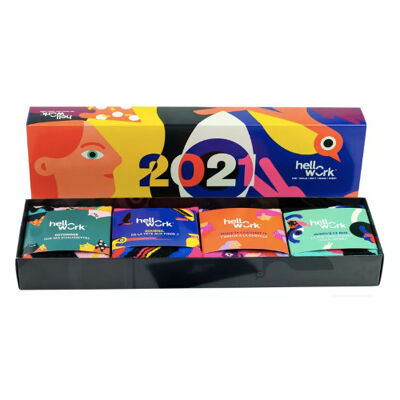Branded Cork Products For Green Promotions
Cork is a beautful and natural material that is ideal for both printing and engraving, so it may not have surpised you to see the meteoric rise in it’s use in the promotional undustry. But if you’re curious to learn what is it about cork that makes it so perfect for such a wide and growing range of product applications then read on.
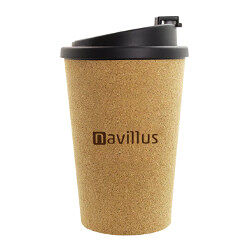
Cork's Unique properties
For five thousands years cork has been used from the Mediterranean and the Middle East to China. It’s most famously made into stoppers for sealing containers of liquids, but it’s also traditionally used for fishing tackle, sandals and a range of other household items.
It’s easy to see why this material has proved so versatile: it’s impervious to liquids, naturally resistant to mould and fungus, and lightweight to the point where it’s buoyant and floats easily in water. Cork is both soft and warm to the touch, durable, flexible and elastic. It’s also an excellent insulator for both heat and sound, which is why you’ll see it used in many of our thermal drinkware items and also some wireless speaker systems.
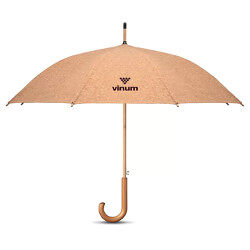
Despite all all our modern technology, no man-made material can yet match cork for this unique combination of qualities, and it’s this that makes cork such a perfect choice for a wide range products. Cork fabric, for instance, is seeing rising use for handbags, wallets, and other fashion items. It's flexible and soft-to-touch but it’s also both water and flame resistant, and hypoallergenic too. It’s widely touted as the most environmentally friendly ‘vegan leather’ on the market, and it’s that green factor that lies at the heart of the real popularity of cork products...
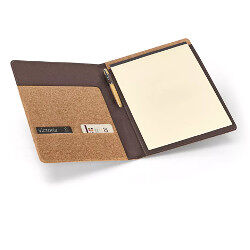
Cork In harmony with nature
Cork is actually the bark of the cork oak tree, and it evolved as a thick protective barrier against the heat and flames of forests fires. Crucially the cork can be harvested repeatedly without chopping down the tree or even damaging it, which is a unique feature not found among other tree species. The farming methods for cork were developed over millenia and as a result are truly sustainable. When the bark is stripped from the tree it completely regenerates in less than a decade, and then the whole process can be repeated, again and again over the roughly 200 year lifespan of the tree.
The cork oak forests of Portugal, which supply most of the world’s wine corks, are protected by the world’s very first environmental laws, dating back over 800 years. The forests themselves are important biodiverse ecosystems in their own right, home to many rare and unique plants and animals. Because they're growing in their natural environment the cork oak doesn’t need any fertilizers, pesticides or other upkeep, moreover the whole process of harvesting the bark has stubbornly refused to be mechanised: the cork is still mostly hand cut from the tree by expert woodsmen, and then carried out of the forests on donkeys.
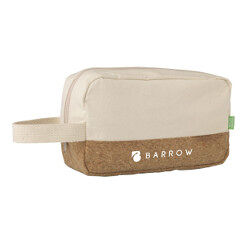
Cork is Recyclable and biodegradable
Cork is fully 100% recyclable, and without producing any toxic residues. After use it can be ground up and compressed into a reusable material that can be used for panels, insulation and much more. There are already a number of startups who collect the vast numbers of used wine corks from bars and restaurants for just this purpose.
Ultimately at the end of it’s useful life, when it's is finally disposed of, cork is completely compostable and biodegradable.
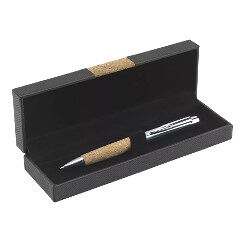
So how green is cork?
Not only is the environmental impact of cork production minimal, the cork oak is sucking carbon out of the atmosphere as it grows. All in all cork may be the most environment-friendly manufacturing material we have right now.
So when you’re looking for a sustainable promotion idea, check out growing range:

